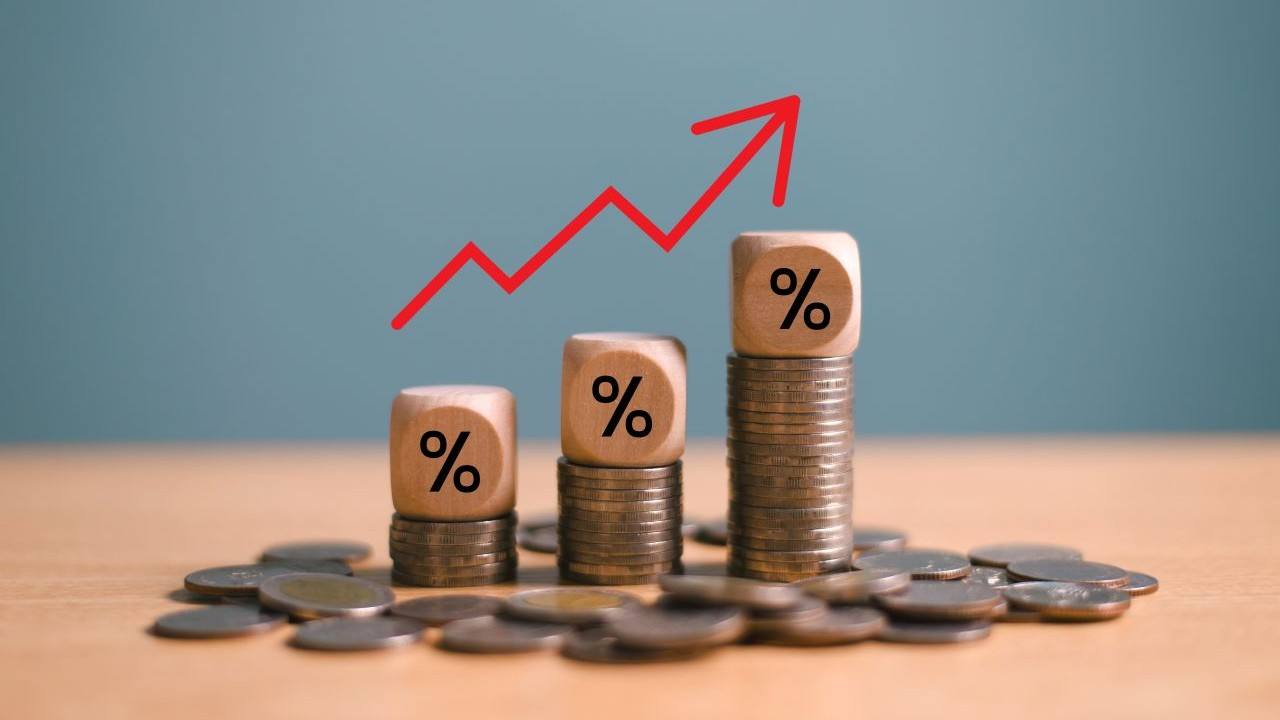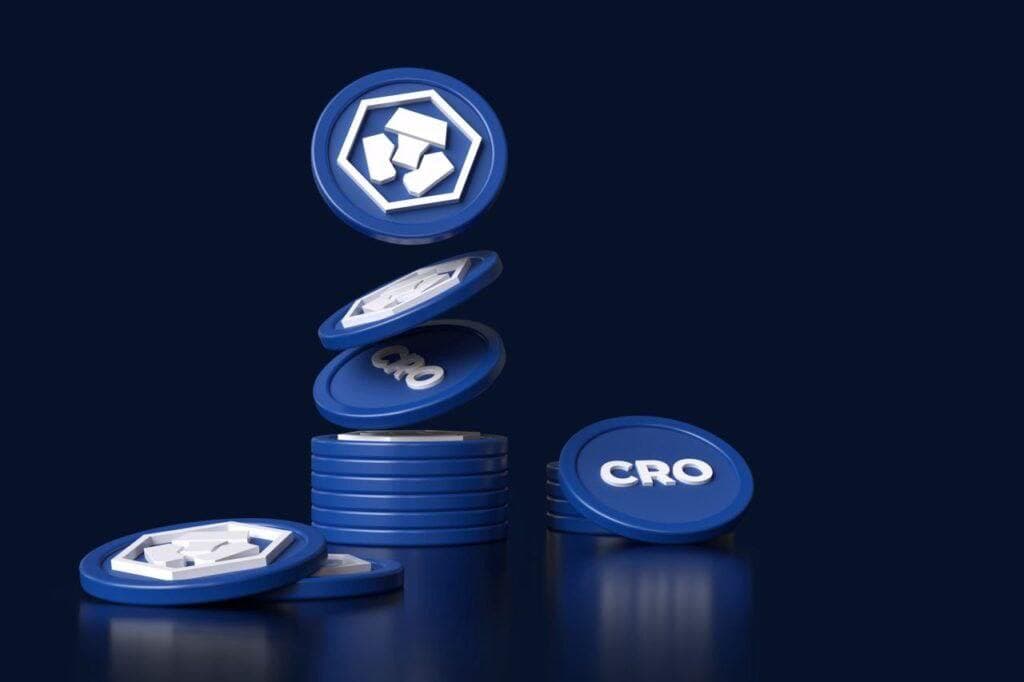Understanding the Impact of Inflation on Personal Consumption Expenditures and Financial Markets: A Deep Dive into the Core PCE Price Index and Recent Market Volatility
The personal consumption expenditures (PCE) price index, a measure of the average change in prices consumers pay for goods and services, plays a crucial role in the economic landscape. It is essential for central banks, investors, and policymakers to monitor inflation trends, as they can significantly impact economic growth and financial markets. However, not all components of the PCE index are equally stable, making it necessary to analyze different categories to better understand underlying inflation dynamics.
The Significance of the Core PCE Price Index
The “core” PCE price index, which excludes food and energy, is particularly valuable in capturing underlying inflation trends. Food and energy prices tend to experience higher volatility due to various factors, such as supply chain disruptions, geopolitical tensions, and weather conditions. By eliminating these volatile components, the core PCE price index offers a more accurate representation of overall inflation trends.
Inflation Worries Return: Bitcoin and Traditional Markets Take a Hit
This morning, both traditional financial markets and the crypto sector experienced a significant downturn due to renewed concerns over inflation. The U.S. Producer Price Index (PPI) and Consumer Price Index (CPI) data, released earlier this week, showed a faster-than-expected increase in prices, fueling fears of rising inflation and the potential for aggressive interest rate hikes from the Federal Reserve.
Impact on Consumers: What Does This Mean for You?
For consumers, rising inflation can translate into higher costs for everyday essentials, such as groceries, housing, and transportation. It can also lead to a decrease in purchasing power, making it more challenging to save and invest. As a result, consumers may need to adjust their budgets and financial plans to accommodate these increased costs.
- Higher prices for goods and services: Inflation can lead to increased costs for goods and services, making it more expensive for consumers to maintain their current lifestyle.
- Reduced purchasing power: As the cost of living rises, consumers’ purchasing power decreases, making it more challenging to save and invest.
- Adjusting budgets and financial plans: Consumers may need to reassess their budgets and financial plans to accommodate the higher costs associated with inflation.
Impact on the World: What Does This Mean for the Global Economy?
The repercussions of inflation extend beyond individual consumers, affecting the global economy as a whole. Rising inflation can lead to decreased economic growth, as businesses and consumers may be less inclined to spend and invest due to the uncertainty surrounding future price increases.
- Decreased economic growth: Rising inflation can lead to decreased economic growth, as businesses and consumers may be less inclined to spend and invest.
- Currencies and exchange rates: Inflation can impact currencies and exchange rates, potentially leading to volatility and instability in global financial markets.
- Central bank policies: Central banks may respond to rising inflation by increasing interest rates, which can impact borrowing costs and economic growth.
Conclusion
Inflation, and the underlying trends captured by the core PCE price index, can significantly impact both consumers and the global economy. The recent market volatility highlights the importance of monitoring inflation trends and understanding their potential implications. As consumers, staying informed about inflation and adjusting budgets and financial plans accordingly can help mitigate the impact of rising costs. For the global economy, addressing inflation and its underlying causes is essential for maintaining economic stability and promoting sustainable growth.
Stay informed and stay ahead of the curve by staying updated on the latest economic news and trends. By doing so, you’ll be better prepared to navigate the complex economic landscape and make informed decisions about your personal finances and future investments.





